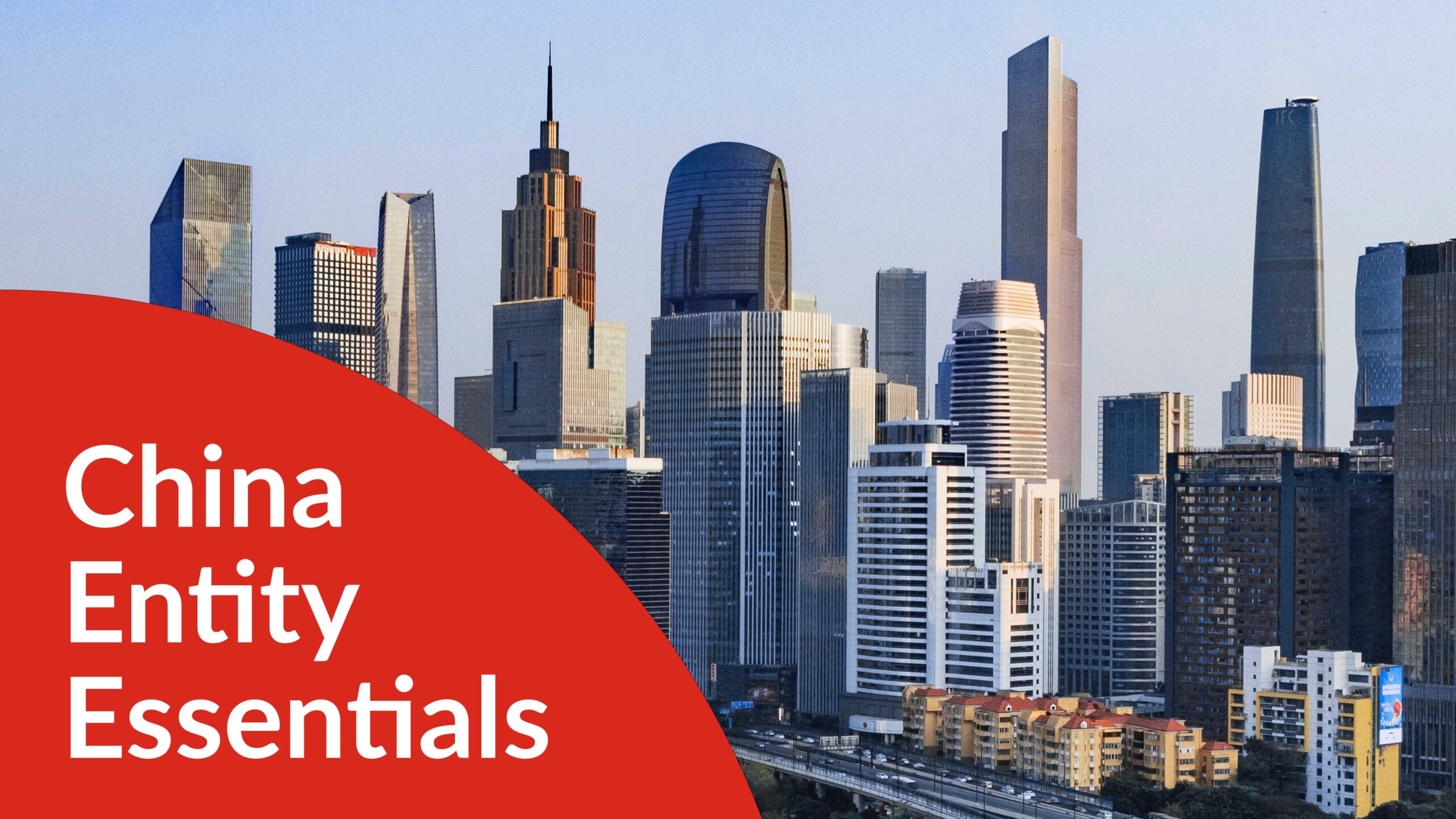Supply Chain Management Review has released an intriguing article on the implications of exiting China, and there is a great deal of material to unpack. In light of the evolving tensions between the West and China, a question on many corporations’ minds is, “should we plot our exit?”
The New Face of Supply Chain
The supply chain industry underwent a fast and dramatic ‘facelift’ throughout the pandemic. Lockdowns worldwide led to a surge in demand for household goods and consumer electronics. The United States has always utilised China’s streamlined and automated supply chains to meet this demand. So, how is the dynamic changing?
Jack Gao, quoted in the article, theorises that this shift is a product of “America’s deliberate strategy of changing the economic environment for China as the competition between the two nations intensifies.”
A supporting statistic shows, “In a recent Morning Consult poll, 60% of Americans and 79% of Chinese viewed the other as unfriendly or an enemy.” Furthermore, “the proposed America COMPETES Act aims to ally with the European Union, and other democracies to reduce supply-chain dependence on China”.
Whilst the article concludes that multinational corporations should maintain a presence in China, it also outlines potential issues. The standout points made include:
- The developing COVID-19 situation in China has fractured supply chains.
- Tensions over the South China Sea and Taiwan are increasing.
- China’s “no limits” partnership with Russia continues creating tensions with those supporting Ukraine.
Each of these issues is food for thought. As such, it is paramount that decision-makers in MNCs have a comprehensive picture. Unfortunately, obtaining this picture can be a minefield to navigate. Suppliers in China are often far from forthcoming when providing overviews. This disposition, coupled with the entrenched need for respect in business dealings, creates a cultural balancing act.
Western-Chinese Coopetition
A lot of the content out there focuses on manufacturing in China for US and European markets, but this needs to be weighed against the investment that foreign firms have made in manufacturing for the China domestic market. MNCs have to weigh the benefits of the advanced supply chain within a vast domestic market against the challenges currently facing the Middle Kingdom. Benjamin King, CEO of Kinyu SCM, expects many multinationals to ride out the current challenges and concentrate on the long-term goals in such a vast market. For those who are manufacturing for US and EU markets, China is not exactly looking attractive – but its monopoly in upstream material supply chains and advanced logistics network continue to make it a number one choice.
The best advice we can give comes from a quote by The German Industry Association (BDI): “Reconsider your global strategy, secure your supply chains, continue to diversify, plan in scenarios, get your business case right.”
Why should you strengthen the supply chain?
With the rapid globalisation of modern business, Strengthening the supply chain is more crucial than ever. The situation across China regarding the Covid-19 pandemic remains highly changeable, but the opportunities are rife. As referenced in the article, China boasts “the world’s second-largest economy, with 800 million middle-class consumers and almost 20% of the world’s gross domestic product.” Further, “China’s potential sphere of influence accounts for over half the world’s population.”
Strengthening the supply chain is a crucial point addressed by The China Desk, as the mission is to bridge the communication gaps within cross-cultural cooperation. This high level of integration also assists business owners in achieving further transparency across their supplier’s various staff, management, and upstream supply chain to maintain vision and protect their IP.
Get in touch
For more information and an overview of the packages available, please visit https://www.kinyu.co.uk/china-desk/. You can also get in touch via info@kinyu.co.uk or give them a ring at +86 181 7315 8445.



